The Anglican Church of Canada has formed a task force that is supposed to dismantle racism within the church. Having already dismantled Christianity, the clerics have decided to take a break and try something a little easier.
Naturally, there are some new acronyms to learn and inwardly digest: BIPOC (Black, Indigenous and People of Colour), ACIP (Anglican Council of Indigenous Peoples) and BlAC (Black Anglicans of Canada). This will be bad news for those of you still struggling with LGBTQQIP2SAA. To avoid confusion, it might be worth lumping them all together to form LGBTQQIP2SAABlACACIPBIPOC.
Incidentally, any children reading this who want to find out more about LGBTQQIP2SAA can go to Kids Help Phone. It’s a Canadian registered charity that will explain more than your parents want you to know.
But back to our topic. In spite of the reservations of some, CoGS (Council of General Synod) will be employing certain aspects of Critical Race Theory. This, in a nutshell, tells us that all white people are racist. It’s innate: we are born that way. A pale person who claims otherwise is doubly racist for not recognising it, confessing, donning sackcloth and ashes and self-flagellating over her white racist privilege. There is no way out.
Unfortunately for CoGS, most of its members are non-BIPOCs, and thus riddled with racist bias, so the whole project is a bit of a non-starter.
Still, it’s good to see that in this time of contagion, the clergy are hard at work trying to entice congregations back to church by telling them they are loathsome racists in dire need of anti-racism training. That should work.
From here:
In a virtual meeting held July 25, the Council of General Synod (CoGS) voted to approve the creation of a task force charged with dismantling racism within the Anglican Church of Canada.
[……]
The motion called for CoGS to establish a dismantling racism task force that would:
“Review policies and processes to identify systemic barriers to full participation for Black, Indigenous and People of Colour (BIPOC) in the structures and governance of General Synod and make recommendations for redress”;• Update and promote the Anglican Church of Canada’s Charter for Racial Justice;• “Recommend a process of anti-racism education and training for the Council of General Synod as well as Coordinating Committees, Councils, Commissions and employees of General Synod”;• Develop “a plan to engage the whole church in the work of dismantling racism, including identifying and/or developing resources and training to be offered to Provinces and dioceses”; and• Report the results of its work, at the latest, to the meeting of General Synod in 2022, “including recommendations for ongoing work to dismantle racism within the Church.”


 The discovery of phosphine gas in the atmosphere of Venus means there could be life there, since phosphine gas on earth is made by microorganisms that live in oxygen-free environments. This has excited Anglican Primate Linda Nicholls and Archbishop Mark MacDonald. Regrettably, no phosphine gas whatsoever has been detected in the Anglican Church of Canada, a similar oxygen-free environment.
The discovery of phosphine gas in the atmosphere of Venus means there could be life there, since phosphine gas on earth is made by microorganisms that live in oxygen-free environments. This has excited Anglican Primate Linda Nicholls and Archbishop Mark MacDonald. Regrettably, no phosphine gas whatsoever has been detected in the Anglican Church of Canada, a similar oxygen-free environment.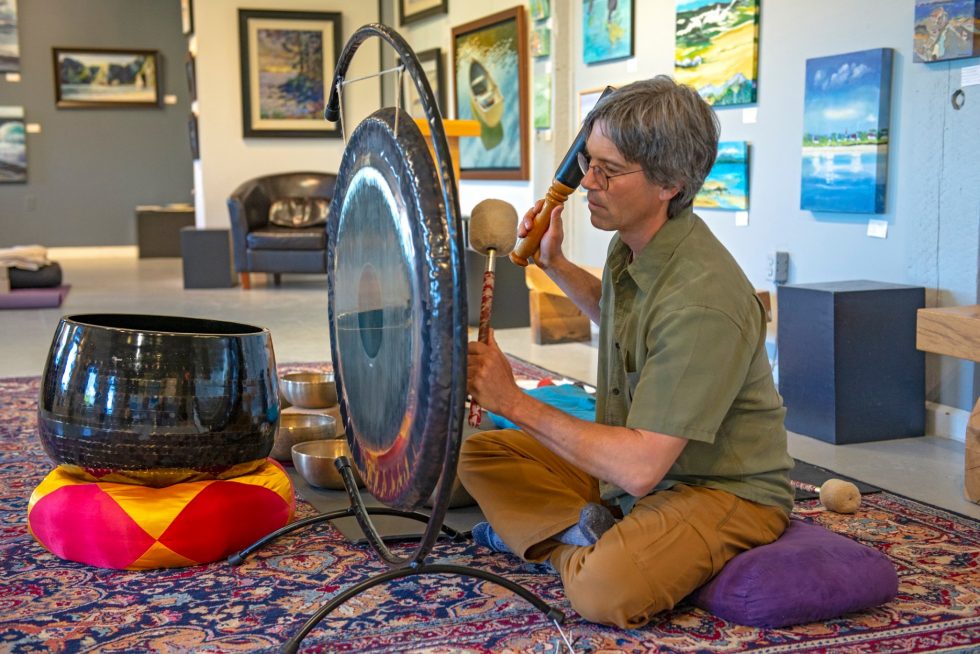 Wed Aug 19, 2020
Wed Aug 19, 2020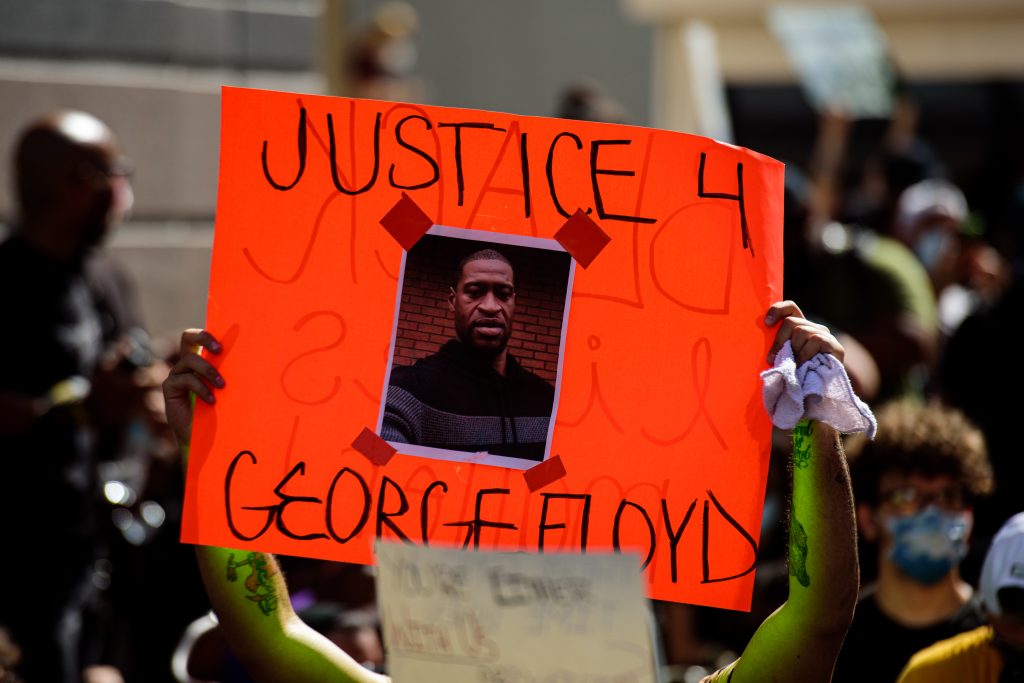
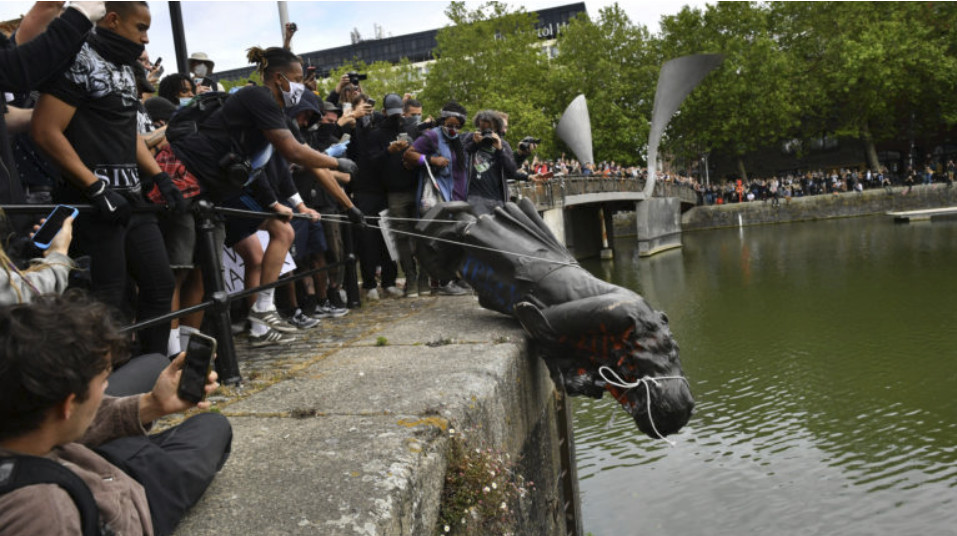 Good riddance Edward Colston
Good riddance Edward Colston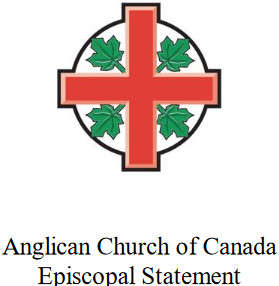 The Anglican Church of Canada has committed itself to confronting racism in its own life and to acknowledging the place of racism and colonialism in our own nation. That commitment needs to be renewed daily.We have been horrified by the public murder of George Floyd. We are deeply distressed and profoundly disturbed by the images, rhetoric, violence, division, and chaos that has followed. We offer our prayerful support and solidarity with our sister church, the Episcopal Church, as it prays and guides its people while it simultaneously repents of, and protests the sin of racism. Our own house is not in order. Systemic racism exists in every part of Canada. The words of the Anglican Church of Canada’s 2004 Charter for Justice remind us:
The Anglican Church of Canada has committed itself to confronting racism in its own life and to acknowledging the place of racism and colonialism in our own nation. That commitment needs to be renewed daily.We have been horrified by the public murder of George Floyd. We are deeply distressed and profoundly disturbed by the images, rhetoric, violence, division, and chaos that has followed. We offer our prayerful support and solidarity with our sister church, the Episcopal Church, as it prays and guides its people while it simultaneously repents of, and protests the sin of racism. Our own house is not in order. Systemic racism exists in every part of Canada. The words of the Anglican Church of Canada’s 2004 Charter for Justice remind us: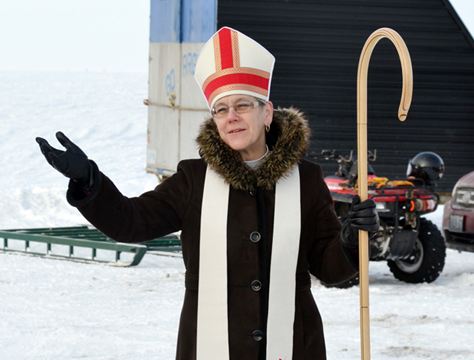 Last year, in the months before General Synod and the primatial election, an acquaintance told me that she had heard someone publicly share that I am racist. My initial response was to be deeply hurt and to try to find out what I had said or done that would lead to those remarks. How had I acted? What had I said? How could this be when I abhor the thought of racism?
Last year, in the months before General Synod and the primatial election, an acquaintance told me that she had heard someone publicly share that I am racist. My initial response was to be deeply hurt and to try to find out what I had said or done that would lead to those remarks. How had I acted? What had I said? How could this be when I abhor the thought of racism? The past three months have been difficult as we journeyed through a time of wilderness with the closure of our church buildings and as we have creatively adapted our ministries to respond to the emergency situation. Inspired from the witness of scripture, a time of sabbath rest invites our clergy and lay leaders, as well as the whole Church, to take time apart from our usual patterns in order to bring renewed energy and knowledge and skill to the practice of ministry.What this means is that regardless of where the Government of Ontario is with its reopening plan, our churches will not be reopening for in-person worship until at least September. This decision was made in consultation with public health experts as well as our diocesan executive officers and chancellors, with the well-being and safety of all our parishioners and the communities we serve uppermost in our hearts and minds
The past three months have been difficult as we journeyed through a time of wilderness with the closure of our church buildings and as we have creatively adapted our ministries to respond to the emergency situation. Inspired from the witness of scripture, a time of sabbath rest invites our clergy and lay leaders, as well as the whole Church, to take time apart from our usual patterns in order to bring renewed energy and knowledge and skill to the practice of ministry.What this means is that regardless of where the Government of Ontario is with its reopening plan, our churches will not be reopening for in-person worship until at least September. This decision was made in consultation with public health experts as well as our diocesan executive officers and chancellors, with the well-being and safety of all our parishioners and the communities we serve uppermost in our hearts and minds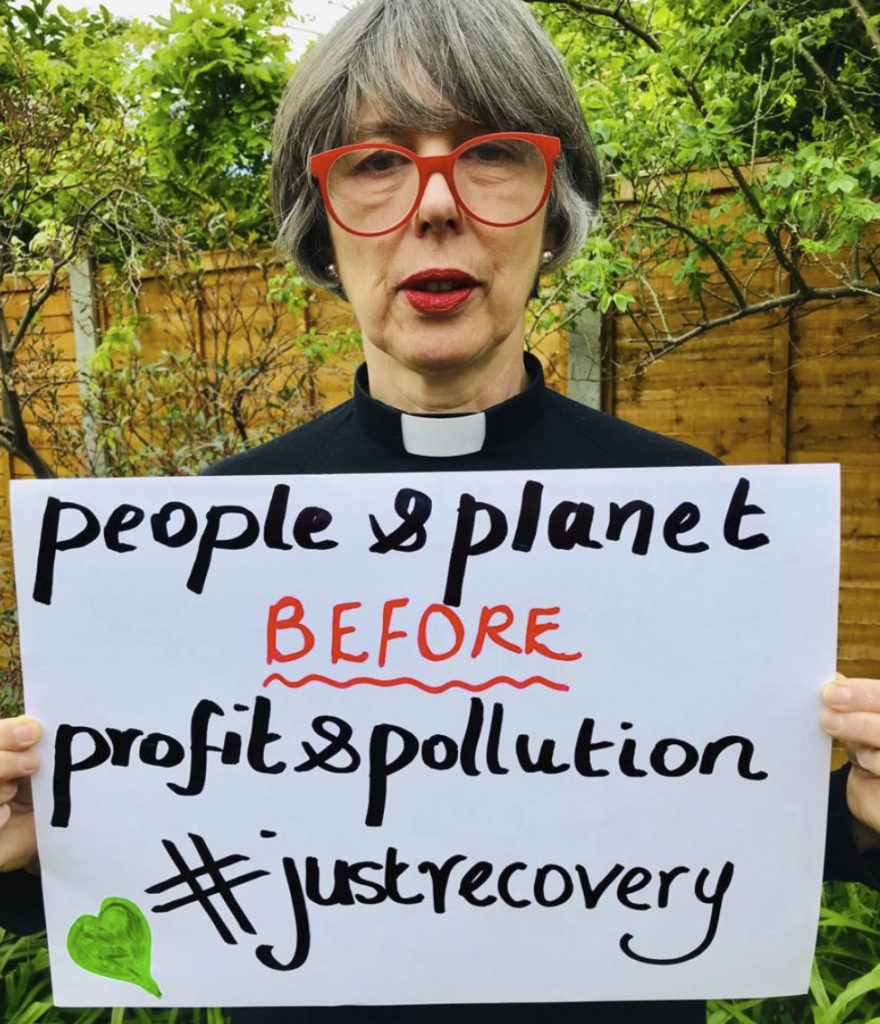 The Anglican Church of Canada has signed a
The Anglican Church of Canada has signed a 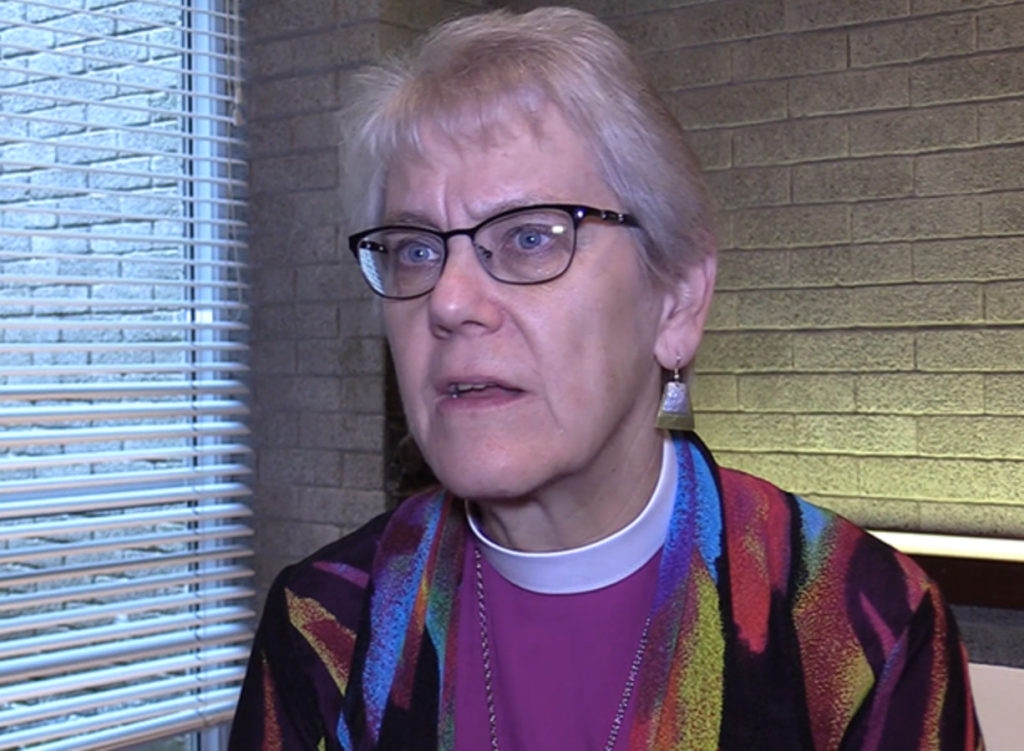 We write to you with great concern about Canada’s silence regarding the plans of the current coalition government of Israel to propose a vote in the Knesset (likely July 1st) on annexing a significant part of the occupied Palestinian territories. These plans constitute a grave breach of Canadian and international law, specifically Article 147 of the IV Geneva Convention, prohibiting the appropriation of property. This silence of the Canadian government is puzzling in light of the recent vote at the UN affirming the Palestinian people’s right to self-determination, Canada’s policy position on Palestine-Israel, and its staunch support for the rule of law.
We write to you with great concern about Canada’s silence regarding the plans of the current coalition government of Israel to propose a vote in the Knesset (likely July 1st) on annexing a significant part of the occupied Palestinian territories. These plans constitute a grave breach of Canadian and international law, specifically Article 147 of the IV Geneva Convention, prohibiting the appropriation of property. This silence of the Canadian government is puzzling in light of the recent vote at the UN affirming the Palestinian people’s right to self-determination, Canada’s policy position on Palestine-Israel, and its staunch support for the rule of law.